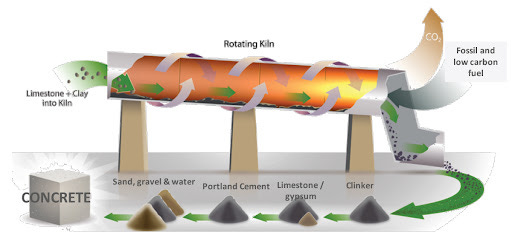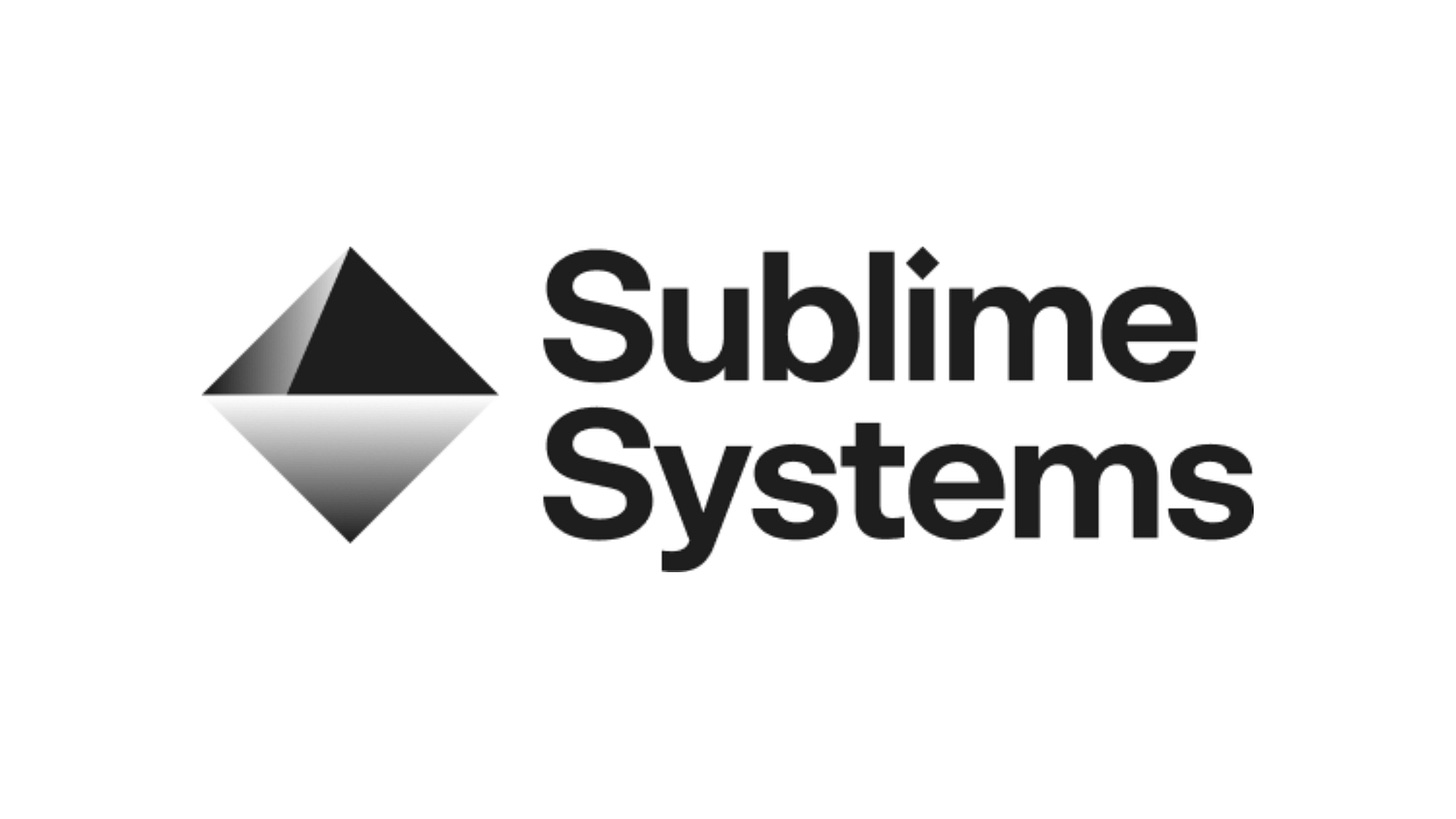From the buildings we dwell in to the roads and bridges we travel on, cement is a ubiquitous material that is foundational to the built environment. A human innovation whose creation stretches back to the times of the ancient Romans, cement is a material that has been critical to the development of our civilization for over a millennium. Despite its longstanding use, its means of production has largely remained unchanged and, as the dire state of the climate crisis has come into view, attention has been directed at the cement industry’s contribution to global carbon emissions.
Cement is a key ingredient of concrete — of which 30 billion tonnes is used each year globally — and constitutes 8% of worldwide human-caused emissions. To produce cement, limestone and clay are mixed and heated in a kiln to more than 1,450 ℃. When the limestone, consisting of calcium carbonate, is heated with clay, approximately 600 kg of CO2 is released for every tonne of cement produced. Along with the embedded emissions stemming from the burning of fossil fuels to heat the limestone, the direct emissions resulting from its chemical reaction to the clay, cumulatively, give cement its high carbon footprint. Because of cement’s durability and profitability, the industry, until recently, had few incentives to deviate from this age-old production method. In 2021, MCJ had Josephine Cheung, an expert on cement and concrete, on the podcast to speak to the challenges of decarbonizing the cement industry.

A better way of creating this critical building block of our modern world has been long sought-after and is needed now more than ever. For this reason, we’re incredibly excited to announce MCJ Collective’s investment in Sublime Systems, based in Somerville, Massachusetts, which is pioneering a means of producing cement that eliminates much of its carbon emissions. The company was founded in 2020 by a powerhouse team, including CEO Leah Ellis and Chief Scientist Yet-Ming Chiang, who spun it out of MIT based on materials research they were conducting. Having since de-risked and honed much of the technology, the company is ready to ramp up production and advance offtake commitments from new customers and partners. You can learn more about Sublime Systems in a recent interview Leah did on the MCJ podcast.
What is Sublime?

Sublime is a leading developer of low-carbon cement that has the goal of addressing the 8% of the world’s carbon emissions generated from cement production. The company is replacing the industry’s legacy fossil-fueled kilns with an electrochemical process that makes cement at ambient temperature. The result is cement that not only has lower embodied emissions and requires less energy, but also is more durable and economical than conventional portland cement.
Why Did We Invest?
Compelling Founder-Market Fit
We’ve known Sublime’s CEO, Leah Ellis, for the past couple of years and, since our first interaction, we’ve been impressed by her background as a scientist and marveled at her determination and focus as an entrepreneur. Suffice to say, we jumped at the opportunity to back her and Yet-Ming Chiang, who himself has a distinguished reputation as a scientist-entrepreneur.
Originally hailing from Halifax, Nova Scotia, Leah pursued her undergraduate and doctoral studies in Chemistry at Dalhousie University, one of Canada's leading research-intensive institutions. She then served as a Banting Postdoctoral Fellow at MIT for several years where she teamed up with Yet-Ming. You can learn more about Leah’s founder story in this video, produced by Pique Action.

A professor at MIT's Department of Materials Science and Engineering for nearly four decades, Yet-Ming is also an inveterate technology entrepreneur. He has co-founded several climate-tech companies, including A123 Systems, 24M Technologies and Form Energy in addition to publicly-listed Desktop Metal.
Ready to Scale
In a fairly short amount of time, Sublime has achieved several major technical milestones that have considerably mitigated much of the technical risk and positioned it to scale. Since 2020, it has been able to increase the amount of its lab-produced lime, grow its team, and validate demand among potential buyers; it now expects the ability to produce its first tonne of cement shortly. With $40 million in new financing from its recent Series A, Sublime is prepared to demonstrate the viability, decarbonization potential, and scalability of its approach for creating ultra-low carbon cement. The company will use the new capital to ramp up production at its pilot plant, expand its team, conduct product testing, and further its engagement with interested customers and partners.
Focused on a problem that could yield meaningful gains in the fight against climate change, Sublime has the potential to innovate one the oldest and wide-reaching industries. If Leah and Yet-Ming’s vision is realized, the buildings and structures of the future will be better aligned with the health of the planet.
Additional Resources
If you are an accredited investor and want to learn more about being an investor in our fund (to back more great companies like this one!), reach out here, and include desired quarterly commitment level, accredited investor status, and info on your background and how you could be helpful to the portfolio.



Why not using natural microorganisms to grow structural cement in ambient temperatures, and harnessing the power of biotechnology to reinvent traditional cement and offer a more planet-friendly alternative?